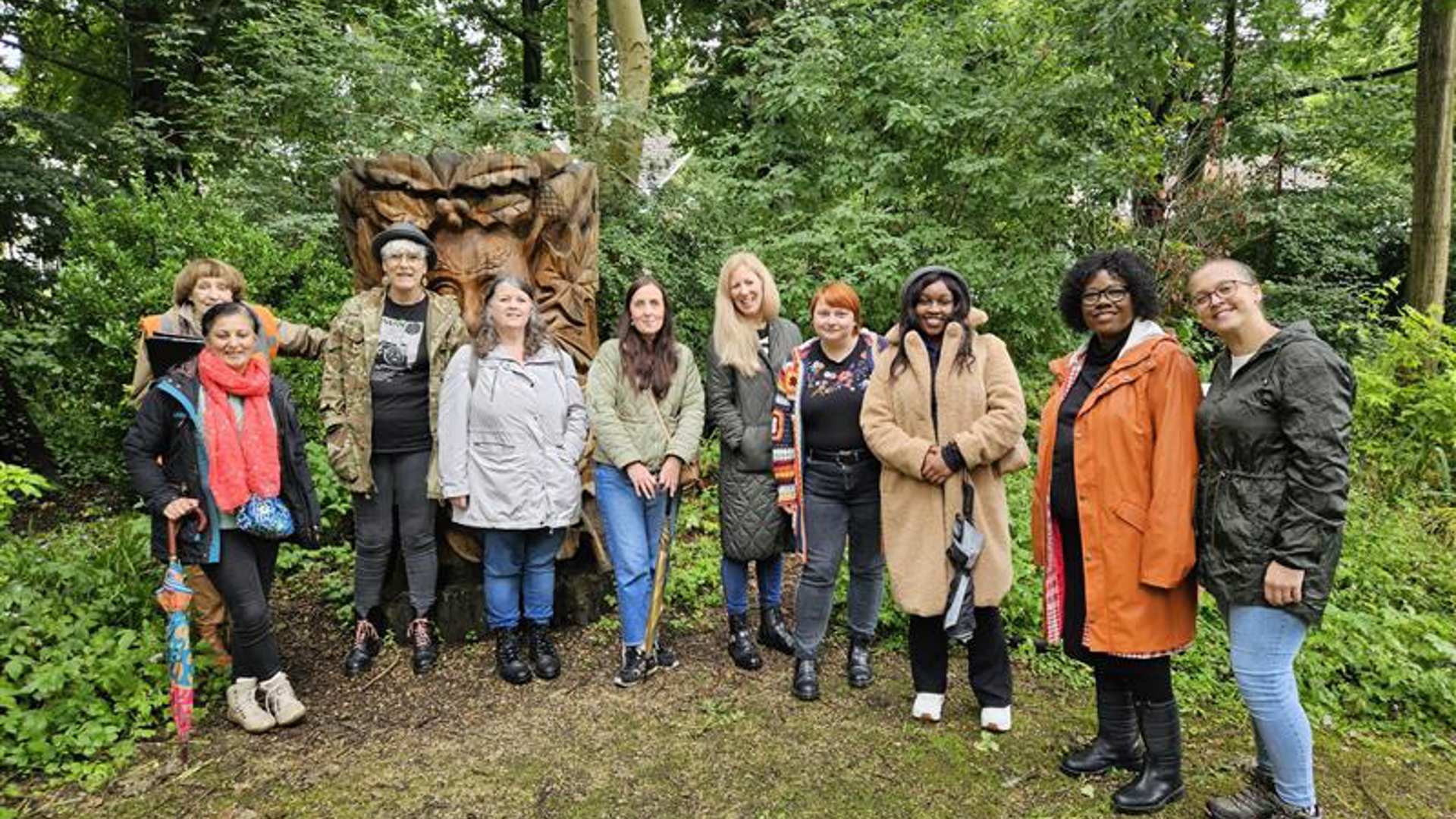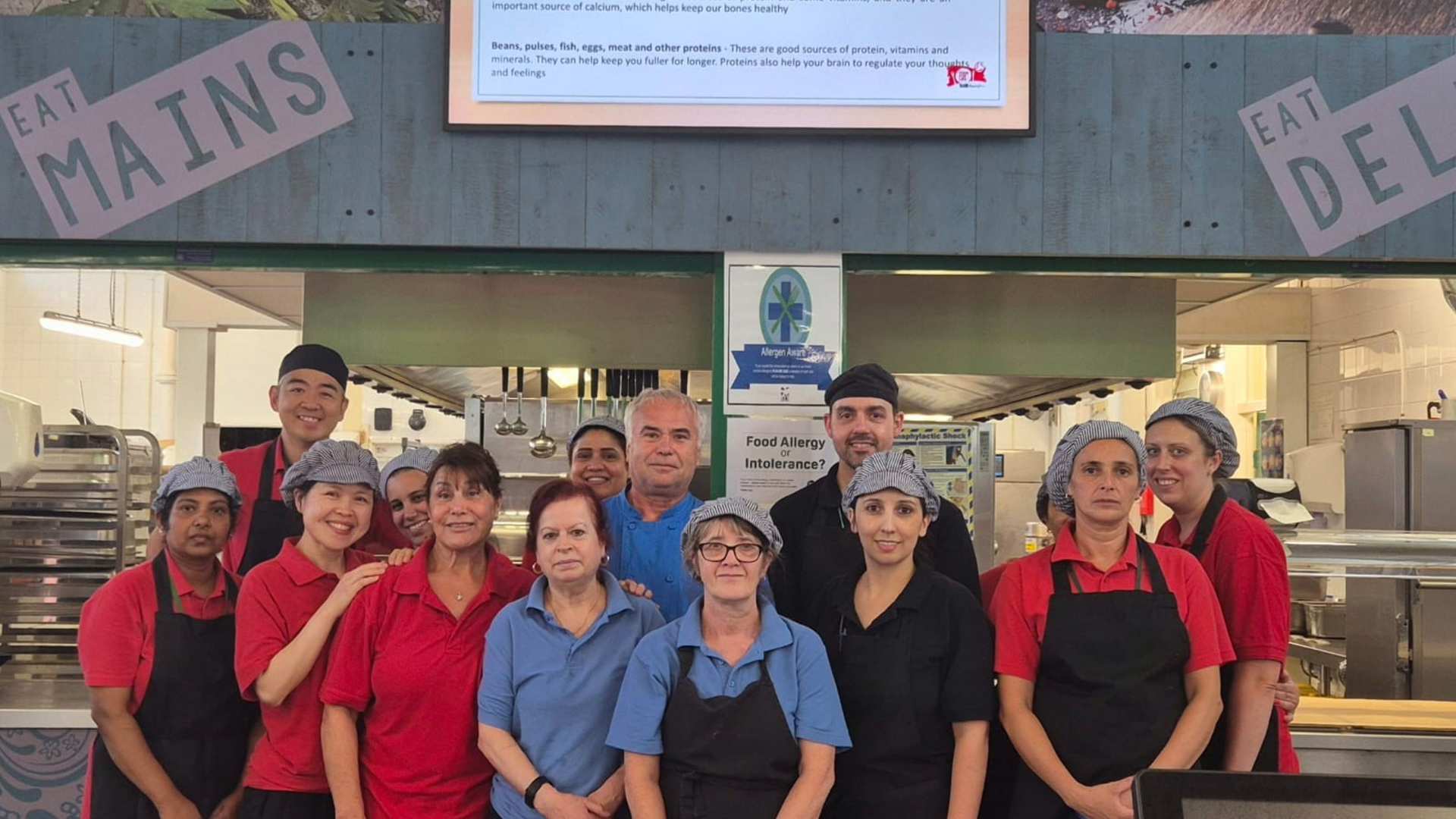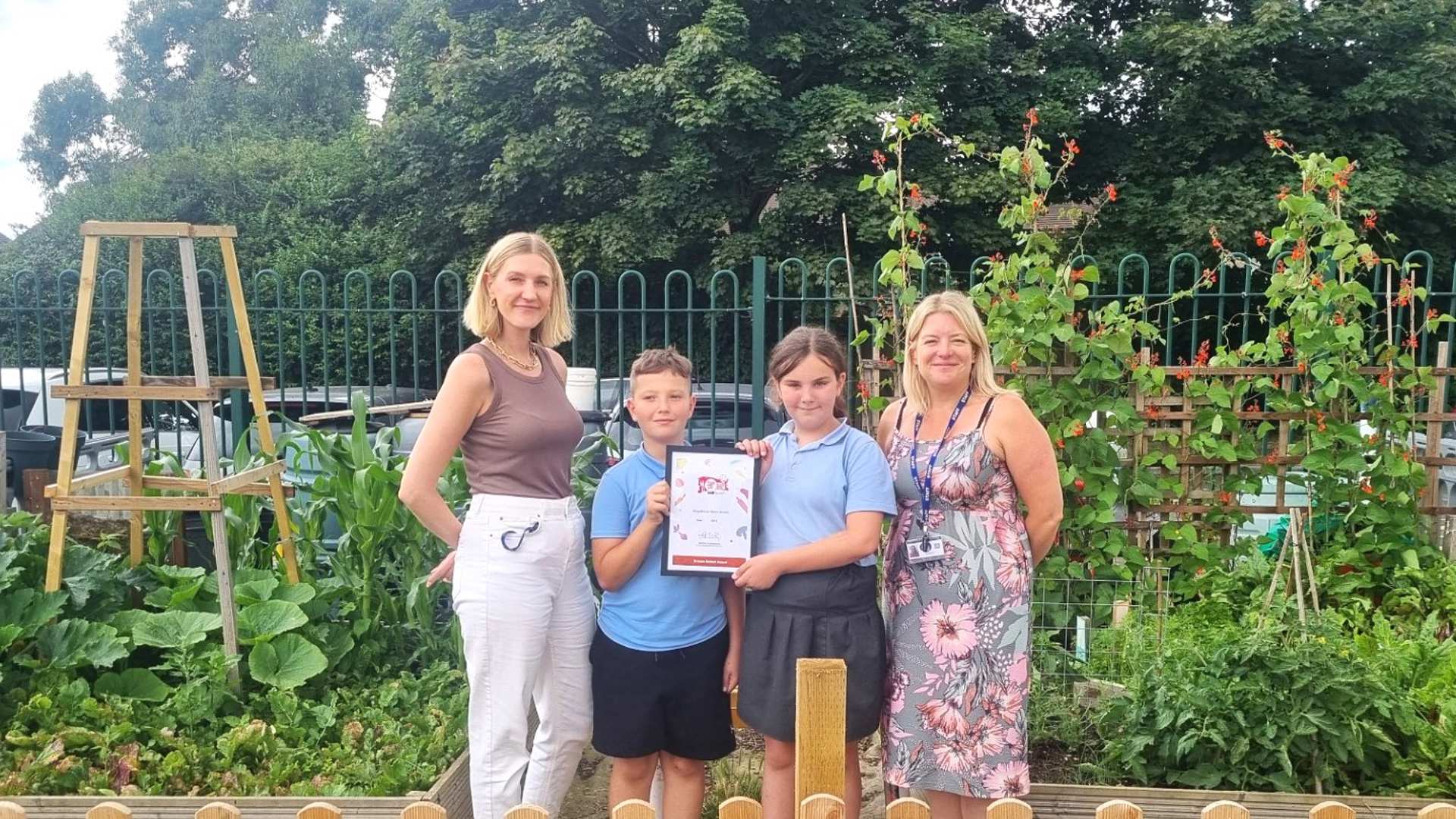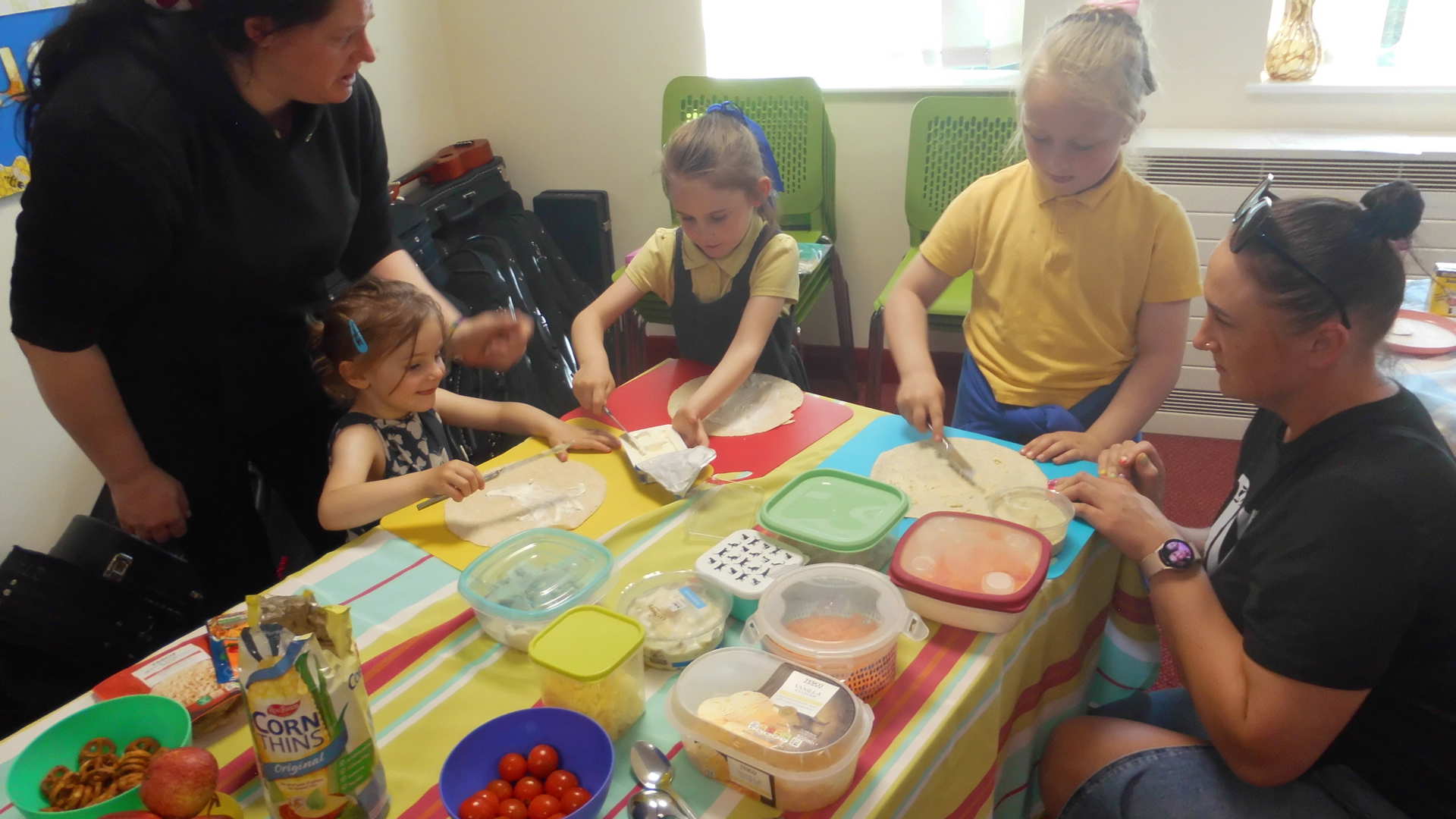Congratulations to Bath Spa University on achieving both Food for Life Served Here and the Green Kitchen Standard!
We're delighted to recognise Bath Spa, who rank second in the People and Planet Sustainability League, for meeting the rigorous criteria of both certifications. This is a huge accomplishment that truly reflects their deep, organisation-wide commitment to sustainability, responsible sourcing and healthier food environments.

All of Food For Life’s work is focussed around developing a positive healthy and sustainable food culture. While this work in schools may typically be associated with children’s growing and cooking skills, it takes a truly whole school approach, which means also looking at the dining experience.

A critical action as part of the Food for Life School Award framework is the creation of a School Nutrition Action Group, or SNAG, that take responsibility for embedding a positive school food culture. Its purpose is to facilitate and amplify a collective voice around the food decisions that are made in schools, and under the committed leadership of the Kate Leith, the schools’ Food for Life lead, Fossebrook has truly exemplified this ethos.

Our last webinar, “Walsall: A Local Food System Story”, explored how Food for Life and Walsall Council are working with local partners to build food system resilience through collaboration, local leadership, and connected actions that add up to something bigger.

For almost 20 years, Food for Life has been working with schools across the country to build a strong, healthy food culture that reaches every part of school life. We support schools to serve great food, teach children where it comes from, and build practical skills through cooking and growing.

Berrywood Hospital, part of the Northamptonshire Healthcare NHS Foundation Trust (NHFT), has become one of the first hospitals in the UK to achieve Food for Life Served Here (FFLSH) Gold in record time, a landmark moment for hospital catering and sustainability.

Since 2017, Food for Life, in partnership with Walsall Council, has been driving a powerful food transformation across the borough. With Walsall facing challegnes around cost of living and access to healthy food, the council recognised that real change requires a joined-up approach to the whole food system.

For over a decade, BaxterStorey has partnered with Food for Life Served Here (FFLSH) to transform the way sustainable and nutritious food is served across the UK. Now, with the launch of a bold new five-year sustainability and nutrition strategy, BaxterStorey is setting its sights even higher: aiming to achieve Food for Life Served Here certification across all 1000 of its UK locations, as part of a trailblazing approach to serving healthier, more sustainable meals to the 1 million people they feed each day.

Greenshaw Learning Trust has made remarkable progress in school catering over the past year. Twenty-nine schools within the trust have earned Food for Life Served Here Bronze certification, meaning over 5,700 healthier and more sustainable meals are served daily.

Kingsthorpe Grove Primary School has become the first school in West Northamptonshire to achieve the Food for Life (FFL) Bronze Award, a significant milestone in promoting healthy food education and culture within schools.

